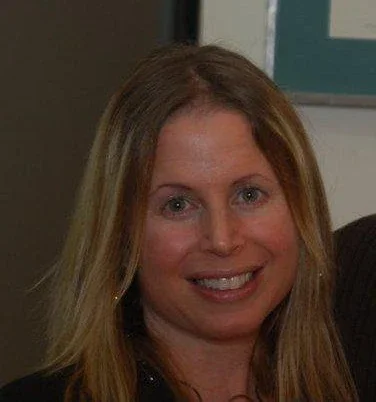When mega pop star Madonna released her 1998 hit song "Frozen," she probably would have never imagined having to prove its originality in court seven years later, but that is exactly what recently transpired in court. This past November, a little-known Belgian songwriter named Salvatore Acquaviva won a plagiarism case in Belgian court against Madonna, alleging parts of his song "Ma Vie Fout L'camp," which had been written five years earlier, were plagiarized.
The judge who had heard the cased ruled that Madonna must withdraw any compact discs containing the song from sales in Belgium, and ordered television and radio stations in the country to no longer play the song "Frozen."
What is plagiarism?
Madonna is not the first artist, and will probably not be the last, to be accused of plagiarism. Plagiarism is a confusing subject, and can often occur without the artist knowing it until it is too late.
If you use another person's work and do not attribute that work to the author, including copying text verbatim, paraphrasing a phrase, or summarizing an idea, you are essentially committing plagiarism. Plagiarism usually occurs when a writer fails to:
- cite quotes or ideas written by another author;
- enclose direct text in quotes; or
- put summaries and/or paraphrases in the his or her own words.
As seen in the Madonna case, plagiarism can also happen in songs or other types of works that may be too similar to another artist's creation. Plagiarism may be done deliberately or accidentally; either way, plagiarism is a serious offense. Committing plagiarism could be grounds for expelling a student from a university, terminating a professor's teaching contract, or suing an artist for monetary compensation.
The problem with plagiarism
Plagiarism has been a problem in schools and universities for years, but has become even more prevalent with the birth of the Internet. Search engines make it easy to find thousands of authors' works immediately, which can then be copied and pasted for a school paper, article, book, etc. Recently, 48 University of Virginia students quit or were expelled for plagiarism, and studies have shown that most college students know that plagiarism is wrong. Yet, students plagiarize anyway because they believe they will not get caught. Other students simply do not understand how to properly cite sources, resulting in many cases of accidental plagiarism.
Websites today often provide complete essays on nearly any topic, making it easy for students to copy another person's work and pass it off as their own. Sometimes called "paper mills," some of these Web sites offer completed papers, while others allow students to trade their completed papers among one another.
Legal ramifications of plagiarism
Although plagiarism is not a criminal or civil offense, plagiarism is illegal if it infringes an author's intellectual property rights, including copyright or trademark. For example, the owner of a copyright can sue a plagiarizer in federal court for copyright violation. The plagiarist in turn may have to pay the copyright owner of the plagiarized works the amount he or she actually lost because of the infringement, in addition to paying attorney's fees.
Yet, plagiarism does occur and may likely continue to occur. Many famous icons have been proven to have plagiarized, either intentionally or accidentally. Helen Keller was accused of plagiarism during her school years, as was Martin Luther King, Jr., when a Boston University investigation revealed he had, in fact, plagiarized approximately one-third of a chapter of his doctoral thesis.
Best-selling historians Doris Kearns Goodwin and Stephen Ambrose were accused of stealing from other writers, and former Beatle George Harrison was sued for plagiarism because the melody of his song "My Sweet Lord" was too similar to the Chiffons' song "He's So Fine." Probably the most recent form of plagiarism was the actions of former New York Times reporter Jayson Blair, who plagiarized from other newspapers more than three dozen articles and faked quotes for numerous prestigious stories. Blair's deceit motivated the paper to investigate the management within the newspaper so that this type of farce would not happen again. In fact, New York Times executive editor Howell Raines and managing editor Gerald Boyd resigned following criticism that their management approach may have led to Blair's professional growth at the paper.
Combating plagiarism
Although proving plagiarism isn't always easy, there are electronic sources that can help combat plagiarism. Search engines on the Internet can be used to discover and fight plagiarism by allowing authors and professors the ability to search suspicious phrases or passages. There is also anti-plagiarism software available, such as Wcopyfind and EduTie.com, as well as online prevention services like Turnitin or iThenticate.
If you feel your work has been plagiarized, the above three research techniques are good first steps to catch a plagiarizer. Attorneys specializing in intellectual property law can also help with the legal ramifications of plagiarism.

